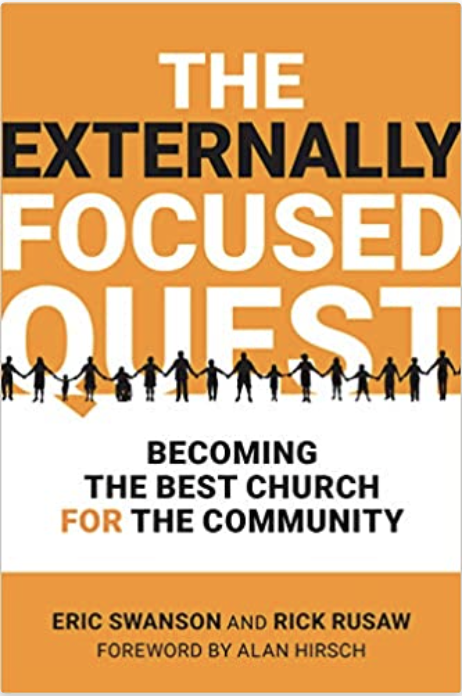The Splendor of Cities
My buddy in Long Beach, Eric Marsh sent me this link—an op-ed by David Brooks in the New York Times. He highlights the benefit of cites from a new book by Edward Glaeser called Triumph of the City. Parenthetically, these same principles are found in To Transform a City: Whole Church, Whole Gospel, Whole City (http://www.amazon.com/Transform-City-Whole-Church-Gospel/dp/0310325862)
Glaeser points out that far from withering in the age of instant global information flows, cities have only become more important.
That’s because humans communicate best when they are physically brought together. Two University of Michigan researchers brought groups of people together face to face and asked them to play a difficult cooperation game. Then they organized other groups and had them communicate electronically. The face-to-face groups thrived. The electronic groups fractured and struggled.
Cities magnify people’s strengths, Glaeser argues, because ideas spread more easily in dense environments. If you want to compete in a global marketplace it really helps to be near a downtown. Companies that are near the geographic center of their industry are more productive. Year by year, workers in cities see their wages grow faster than workers outside of cities because their skills grow faster. Inventors disproportionately cite ideas from others who live physically close to them.
For years, cities like Detroit built fancy towers and development projects in the hopes that this would revive the downtown core. But cities thrive because they host quality conversations, not because they have new buildings and convention centers.
The cities that have thrived over the past few decades tend to have high median temperatures in January (people like warm winters and other amenities). But even cold cities like Chicago can thrive if they attract college grads. As the number of college graduates in a metropolitan area increases by 10 percent, individuals’ earnings increase by 7.7. This applies even to the high school grads in the city because their productivity rises, too.
When you clump together different sorts of skilled people and force them to rub against one another, they create friction and instability, which leads to tension and creativity, which leads to small business growth. As Glaeser notes, cities that rely on big businesses wither. Those that incubate small ones grow.








